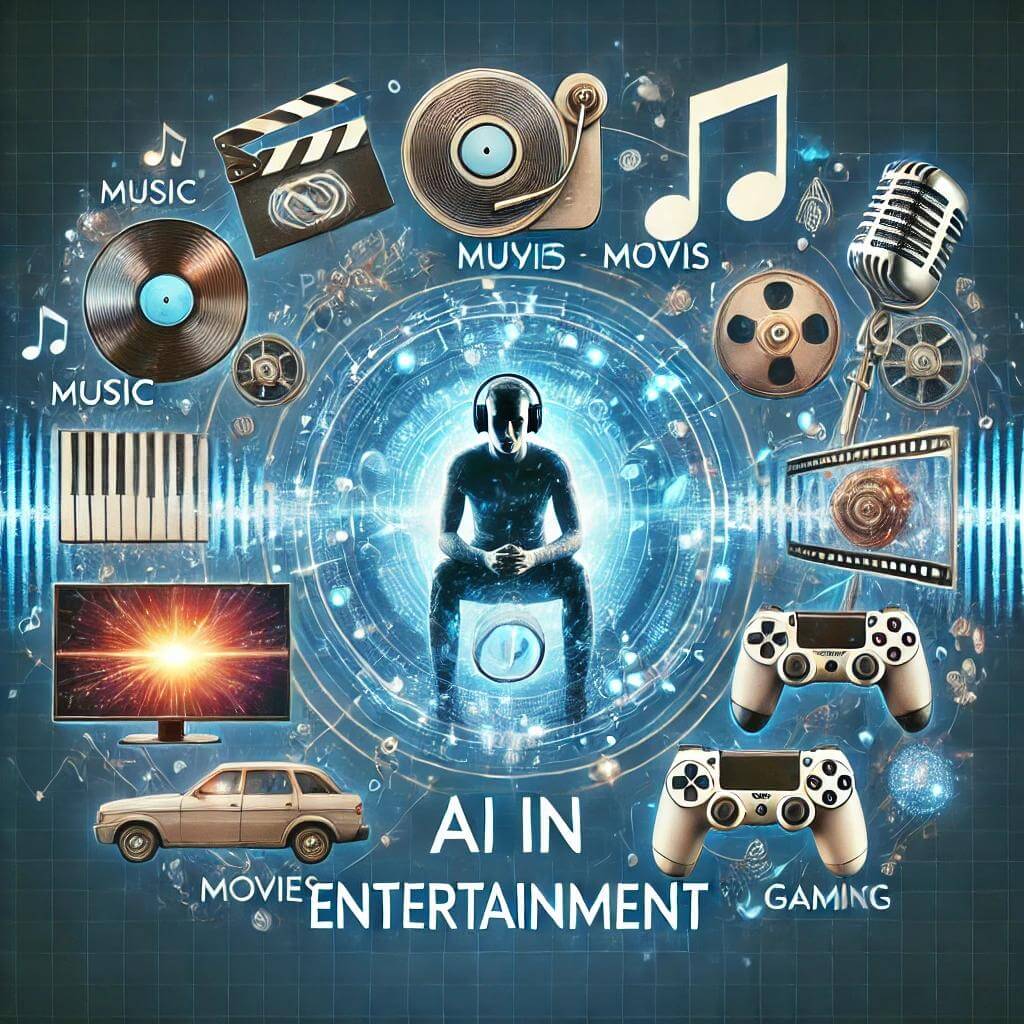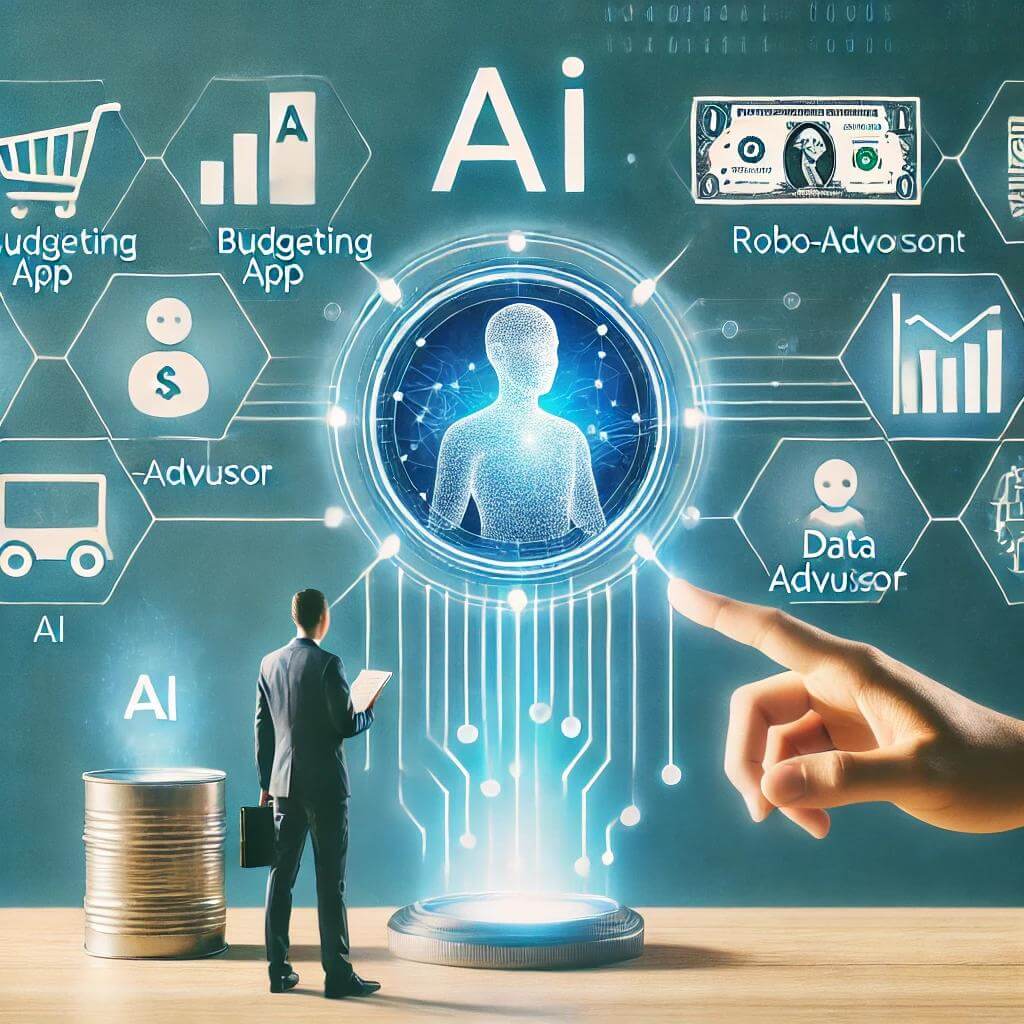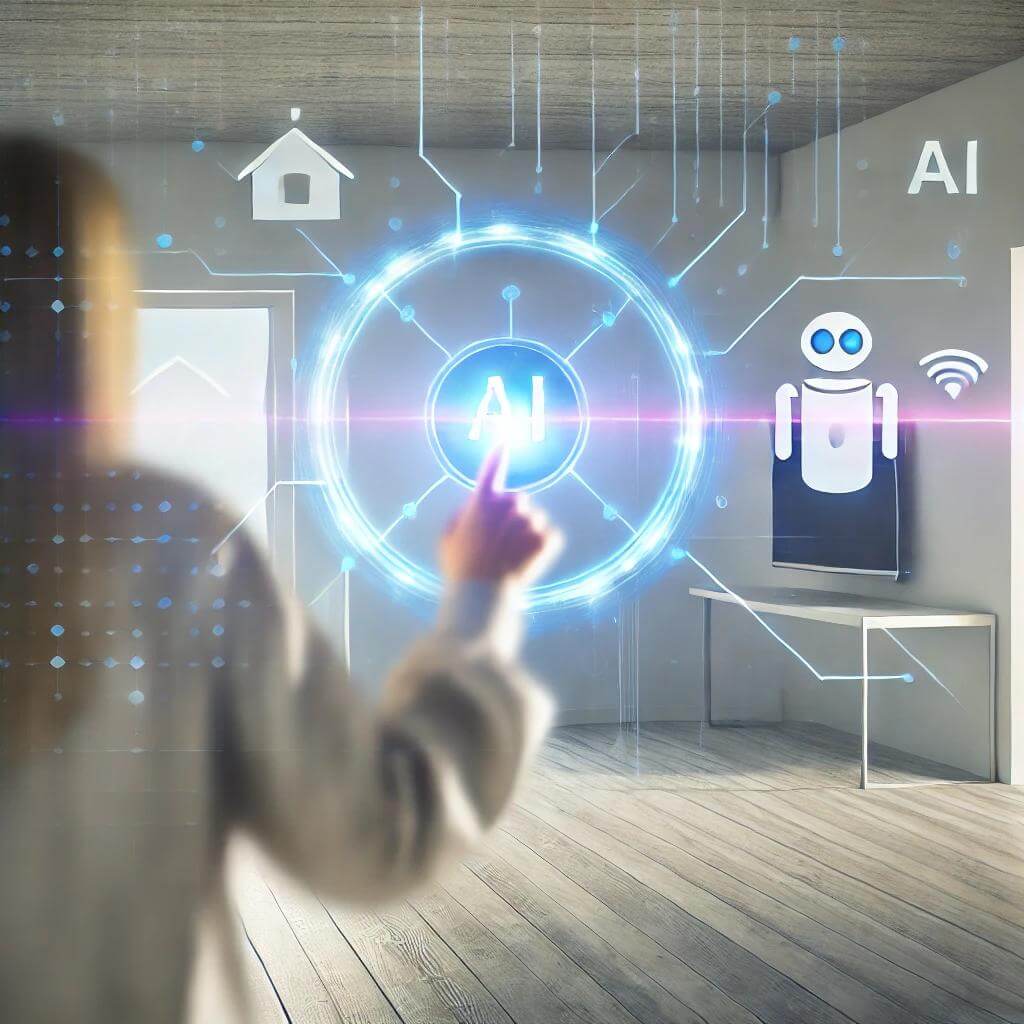How AI is Changing Entertainment
Artificial intelligence (AI) is transforming the entertainment industry by reshaping how content is created, delivered, and consumed. Whether it’s through personalized recommendations on streaming platforms or AI-generated music compositions, AI is revolutionizing how we experience music, movies, and video games. This article explores the key ways AI is making its mark on the entertainment industry and enhancing user experiences.
AI in Streaming Services: Personalized Recommendations
Streaming services like Netflix, Spotify, and YouTube rely heavily on AI to offer personalized recommendations that keep users engaged. By analyzing vast amounts of data from user behavior—such as what you watch, listen to, or skip—AI algorithms can predict and suggest content tailored to your preferences.
How AI Recommendation Algorithms Work
Recommendation systems use machine learning to analyze user interactions, including watch history, likes, and ratings. AI processes this data to identify patterns and predict which shows, songs, or videos you are most likely to enjoy. This is why Netflix seems to “know” exactly what you want to watch next or why Spotify’s Discover Weekly playlist feels like it’s been custom-made for you.
AI in Major Streaming Platforms:
- Netflix: AI analyzes user behavior to suggest TV shows and movies, with up to 80% of content views driven by recommendations.
- Spotify: Uses AI to curate personalized playlists based on listening habits, mood, and user activity.
- YouTube: Recommends videos based on viewing history, search terms, and trending topics.
AI-Powered Streaming Recommendations
| Platform | Key Feature | AI Application |
|---|---|---|
| Netflix | Personalized show and movie recommendations | Machine learning to analyze viewing data |
| Spotify | Curated playlists (e.g., Discover Weekly, Release Radar) | Predicts user preferences in music |
| YouTube | Video recommendations based on viewing habits | Content suggestion algorithms |
AI-Generated Music: Creativity Meets Technology
AI has also made its way into the realm of music production, enabling artists and developers to use AI-generated compositions as a creative tool. Tools like AIVA and OpenAI’s Jukedeck allow users to create original pieces of music with minimal human intervention, pushing the boundaries of creativity.
How AI Generates Music
AI music generators use deep learning models trained on vast datasets of music compositions to understand patterns in melodies, harmonies, and rhythms. Based on this knowledge, AI systems can produce entirely new musical pieces in various genres, from classical to electronic music.
Popular AI Music Platforms:
- AIVA: Specializes in creating emotional and cinematic music, often used in video game soundtracks and advertisements.
- OpenAI Jukedeck: A now-discontinued AI tool that allowed users to generate royalty-free music for commercial use.
Benefits of AI-Generated Music:
- Speed: AI can compose music in minutes, allowing content creators to produce soundtracks quickly.
- Cost: Using AI-generated music can be more affordable than hiring a composer.
- Creativity: AI offers new possibilities in music creation by generating pieces that human composers may not have thought of.
AI in Gaming: Dynamic and Adaptive Experiences
AI has long been a key player in video games, but recent advancements are pushing the boundaries of what’s possible. From adaptive AI opponents to dynamic storylines, AI is enhancing the gaming experience by making it more immersive and responsive.
AI-Powered Gaming Features
In games like The Last of Us and GTA V, AI-driven opponents adapt to the player’s skill level, creating a more personalized challenge. Dynamic AI can modify the game’s environment, storyline, or difficulty based on the player’s decisions, making each playthrough unique.
Examples of AI in Gaming:
- The Last of Us: AI-powered enemies react to player tactics and adjust their strategies accordingly, creating more realistic and challenging encounters.
- GTA V: AI simulates realistic behaviors in the game’s non-playable characters (NPCs), making the open-world environment feel more alive and dynamic.
AI in Popular Games
| Game | AI Feature | Description |
|---|---|---|
| The Last of Us | Adaptive enemies | AI adapts to player strategy |
| GTA V | Dynamic NPC behavior | AI-driven characters react realistically |
| Red Dead Redemption 2 | AI-driven weather and wildlife simulation | AI adapts game environment dynamically |
AI in Movie Production: Scriptwriting, Editing, and Visual Effects
AI is playing a significant role in the movie industry, from scriptwriting and editing to creating visual effects. AI is helping filmmakers streamline production processes, making tasks faster and more cost-efficient.
AI in Scriptwriting and Editing
AI tools can now assist writers in crafting scripts by analyzing existing storylines and generating new ideas. AI-powered platforms like Sunspring have even produced entire movie scripts. In post-production, AI tools speed up editing by analyzing hours of footage, selecting the best clips, and even creating trailers.
AI for Visual Effects
In visual effects (VFX), AI has been used to enhance scenes, such as de-aging actors in films like Star Wars or generating lifelike animations. AI algorithms can recreate realistic visual elements without the need for time-consuming manual processes, making it an invaluable tool in big-budget productions.
Examples of AI in Movie Production:
- Star Wars (The Mandalorian): AI de-aging technology was used to create a younger version of Luke Skywalker.
- Sunspring: AI wrote a short film script based on a dataset of sci-fi movies.
AI for Personalization: Tailoring Entertainment to the Individual
One of AI’s most significant contributions to the entertainment industry is its ability to offer personalized content to users. AI systems can analyze individual preferences across platforms, ensuring that users receive content that aligns with their interests.
How AI Personalizes Content
AI collects data from user behavior, such as viewing history, preferences, and ratings, to tailor experiences in real-time. This personalized approach extends beyond movies and music—it also influences advertisements, product recommendations, and even interactive experiences in video games.
Benefits of AI-Driven Personalization:
- Enhanced user experience: Users are more likely to engage with content that resonates with their personal preferences.
- Increased retention: Personalized content helps platforms retain users by keeping them engaged longer.
- Efficiency: AI helps users find relevant content faster, reducing the time spent searching for something to watch or play.
Conclusion
AI is revolutionizing the entertainment industry by enhancing creativity, personalization, and user engagement. From streaming services that suggest what to watch next to AI-generated music, gaming experiences, and movie production, AI is reshaping how content is created and consumed. As AI continues to evolve, its role in entertainment will undoubtedly expand, offering even more exciting possibilities for the future of music, movies, and gaming.




Post Comment